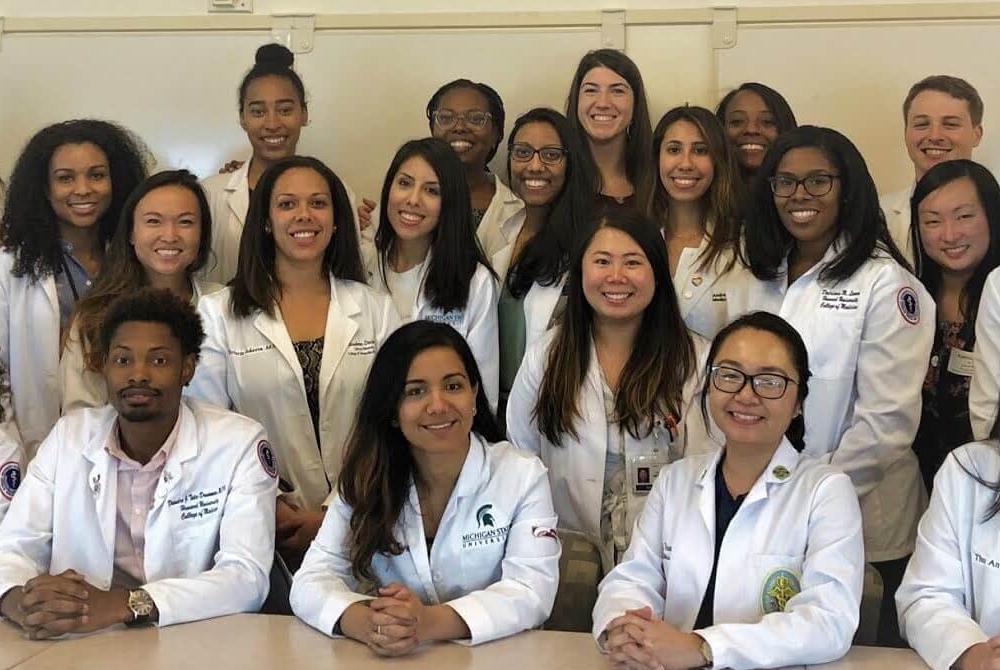Providing Streamlined Healthcare
TouroCOM Students Learn About Integrated Healthcare at Summer Internship

Three TouroCOM students participated in a prestigious internship program run by the Kaiser Permanente, an integrated managed care consortium in California.
Kaiser Permanente is America’s largest non-profit healthcare system, employing more than 20,000 physicians and serving more than 12.2 million people in 39 hospitals and 680 medical offices across the United States. The summer internship, which came with a $3,000 stipend to offset living costs, allowed first-year students to shadow doctors across a range of specialties while introducing them to the state-of-the-art integrated healthcare that Kaiser provides to its patients.
The three participating TouroCOM students were Anna Marie Tran of TouroCOM Middletown and TouroCOM Harlem students Gregory Yim and Krystal Savice. The three were based out of California for the internship, which took place over four weeks in June, just before they start their second year of medical school. The exclusive internship only has 50 spots and the TouroCOM students were among the few DO students accepted to the program.
Kaiser Permanente, like the Mayo Clinic, is a consortium and doesn’t operate on a fee-per-service model. As an integrated system, all the doctors are employees of the non-profit. Yim said he believed that the integrated nature of the system had an impact on patients’ health.
“Everything in Kaiser is streamlined—it’s all electronic so there’s no lost paperwork,” said Yim. “I think that makes it easier to find all the information about the patient in front of you. You can get your answers a lot faster and this leads to faster treatment, which, in turn, leads to better outcomes.”
The fact that the doctors are all employees also cuts down costs.
“There’s no incentive for doctors to have their patients undergo unnecessary surgeries,” said Tran. “The doctors mentioned that there’s a big standard of accountability and the end goal is better outcomes. That’s how healthcare should work.”
Tran, who grew up in California, was a patient of the system as a child. “It was kind of neat to come back to see how things work behind the scenes.”
Interns cycled among different departments and different medical specialties based on their interests. Savice said she spent time with surgeons and family medicine practitioners since both fields interested her. “I’m torn choosing between the two fields, but the internship gave us a chance to see the specialties hands-on before our clinical year,” she said. During her time with a breast-tumor specialist, Savice saw a lumpectomy, and with another surgeon, an operation to fix a hernia.
Similar to their TouroCOM education, the program also stressed that medical practitioners be culturally competent.
“The one thing that I saw the most was that the successful doctors were good listeners and were aware of where their parents were coming from,” said Tran.
Each Friday, interns had didactic lectures on topics ranging from getting strong residencies to handling the stress of medical school.
Savice said that the program had an impact on her.
“I met a lot of other medical students from around the country who shared my interests and were passionate about serving the underserved,” she said. “The medical practitioners I met were culturally sensitive, humble and dedicated to the mission of Kaiser. I’ve never been around people that were so busy, yet willing to help out an aspiring doctor.”

